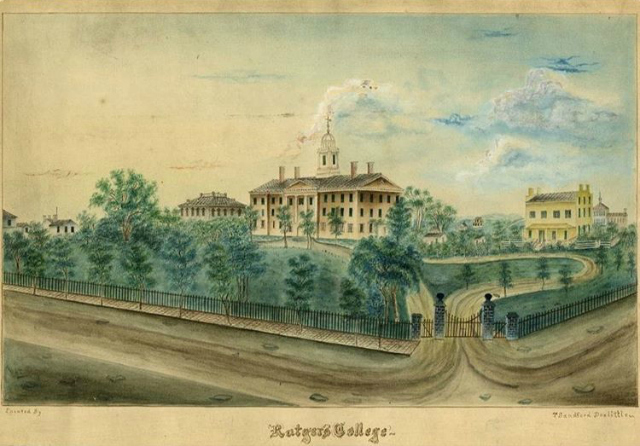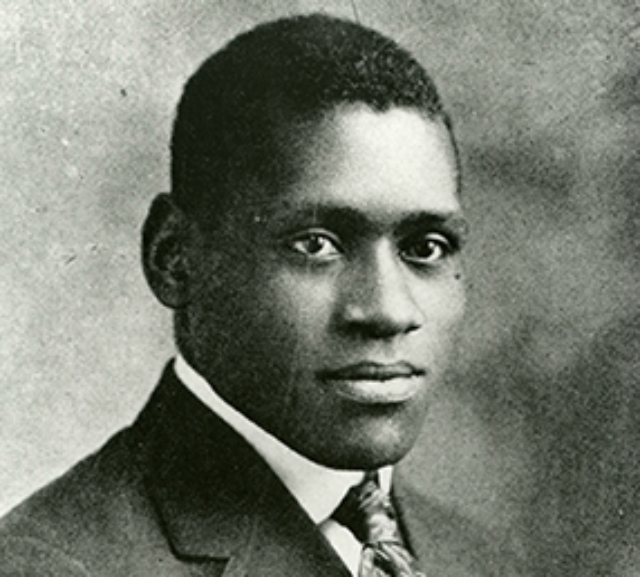BTN.com LiveBIG Staff, August 27, 2016

This year Rutgers celebrates its 250th anniversary. As part of this historic occasion, the home of the Scarlet Knight is taking a look back at some of the notable alums and faculty who have walked through its halls.
In the short film Our Revolutionary Spirit, the school notes its history dates to before the Revolutionary War. Simeon De Witt, an early graduate of Rutgers, fought on the front lines of America?s struggle for independence and his letters documented the country?s early days.
Since then, Rutgers graduates and professors have included pioneers in the medical, legal and artistic fields. Throughout 2016, the university is profiling some of them in its ?Revolutionizing the World? series. Below are some excerpts and videos that reveal more about their stories and the way Rutgers has changed the world.
Paul Robeson
A decade earlier, Robeson was one of the most revered figures of the time, selling out concert halls and theaters. If you?re trying to compare a famous contemporary to Robeson, you won?t be able to find one, said Edward Ramsamy, chair of the Department of Africana Studies in the School of Arts and Sciences at Rutgers University-New Brunswick.
?There are people who have elements of him, in terms of his activism and in terms of his internationalism," Ramsamy said, ?but in terms of the breadth and scope of his work and his courageous activism, I think he?s unparalleled.?
The turning point for women?s equality came in 1971 when Ginsburg was still at Rutgers. In Reed vs. Reed, the Supreme Court ruled - for the first time - an Idaho statute on estate administration unconstitutional because it discriminated based on gender. Ginsburg was the principal author of the brief in the landmark decision. Soon after Reed, the ACLU created the Women?s Rights Project, dedicated to gender discrimination litigation, and named Ginsburg its co-director.
Julia Baxter Bates
?This brief was controversial because courts traditionally get questions of law, not of sociology and psychology,? says Wayne Glasker, who specializes in African-American history at Rutgers University-Camden. ?It was so innovative that lawyers at the time laughed and sneered at it. They didn?t think it belonged in court and knew it would be difficult to prove.?
Although controversial, the brief Bates co-authored was persuasive: On May 17, 1954, the Supreme Court declared segregation in the nation?s public schools unconstitutional.
Michael Gottlieb
The article with the innocuous-looking title ?Pneumocystis Pneumonia - Los Angeles? was the world?s first documentation of AIDS.
Six months later, Gottlieb followed up with an article in the New England Journal of Medicine suggesting that a virus might be at the root of the mysterious disease. It would take two years, but virologists who identified what we now know as HIV proved him right.
Selman Waksman
Waksman?s work in what was then the Rutgers College of Agriculture eventually led to the discovery of at least 20 antibiotics including streptomycin, the first effective treatment for TB. In 1952, Waksman received the Nobel Prize for Physiology or Medicine for his ?ingenious, systematic and successful studies of the soil microbes? involved in that discovery.
To read more profiles from Rutgers?s Revolutionizing The World series, click here.
by Adam Fluck







